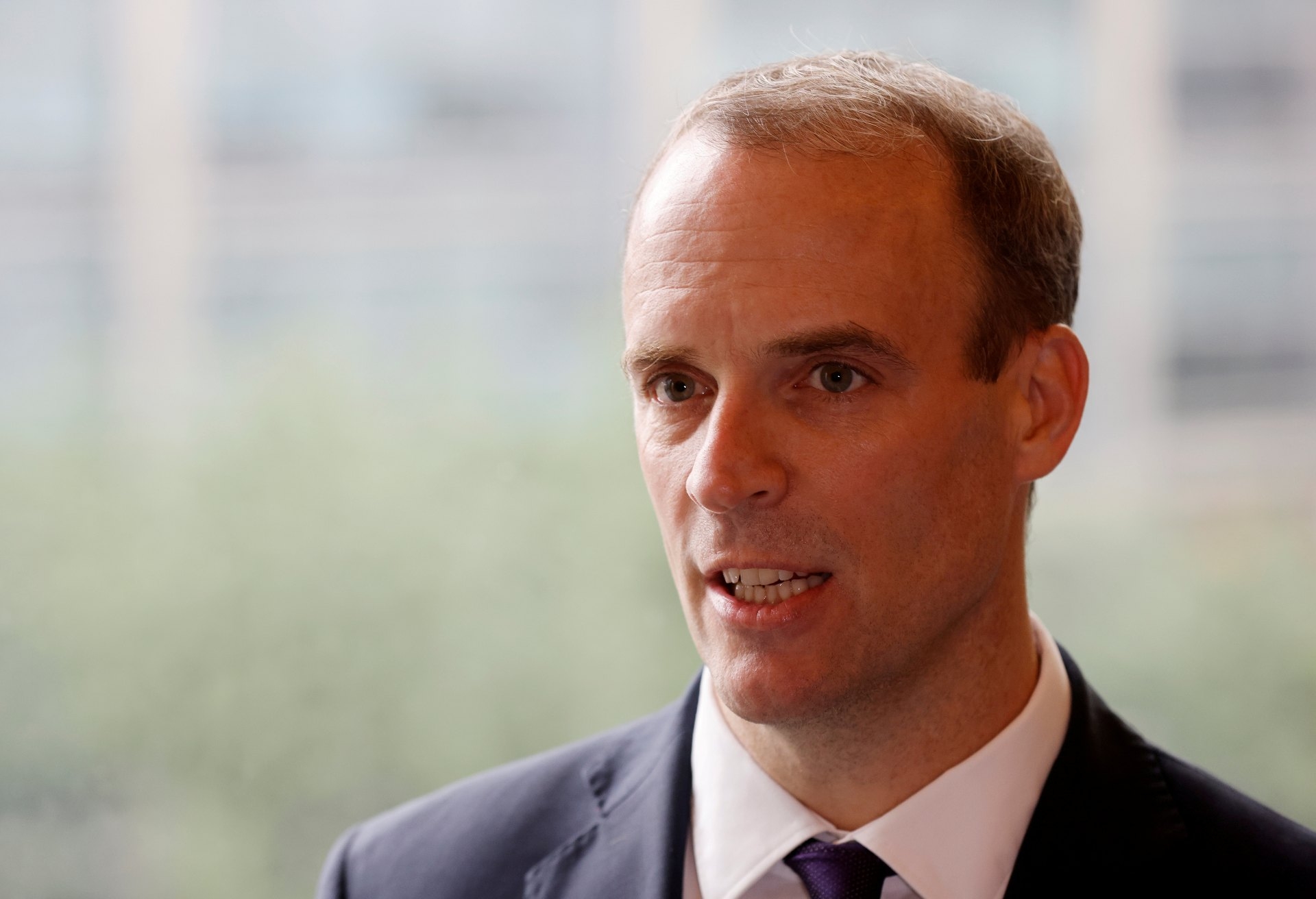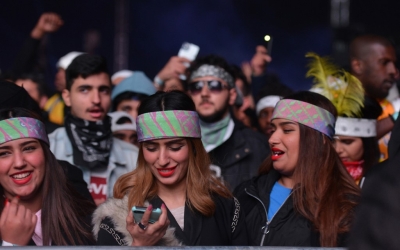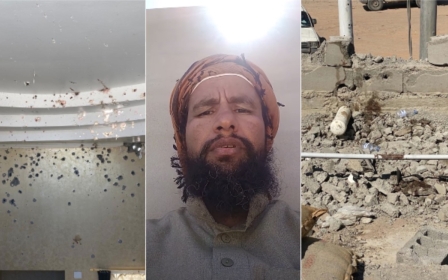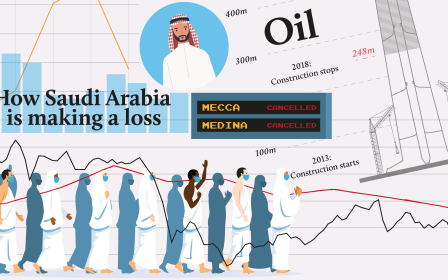UK urged to boycott G20 over Saudi Arabia’s plans to displace Bedouin tribe

A Saudi tribe has called on Britain’s foreign secretary to boycott the G20 Summit set to be hosted by Saudi Arabia over the kingdom's attempts to expel them from their lands to pave the way for a futuristic city.
The Leaders Summit, the most significant event of the international forum of governments is scheduled to be held virtually on 21 and 22 November due to the Covid-19 pandemic.
New MEE newsletter: Jerusalem Dispatch
Sign up to get the latest insights and analysis on Israel-Palestine, alongside Turkey Unpacked and other MEE newsletters
British lawyers representing the Howeitat tribe wrote a letter to Dominic Raab saying that they were “victims of ongoing serious human rights violations by the Saudi Arabian government”.
"[They] are now in the process of being forcibly removed from their homeland by the Saudi Arabian authorities,” the letter said.
The futuristic city, Neom, which will cost billions of dollars, is due for completion in 2025 on the Red Sea coast in northwestern Tabuk province.
The megacity, referred to as “the world’s most ambitious project” by Saudi officials, is slated to be 33 times the size of New York City. It is an extravagant project championed by Crown Prince Mohammed bin Salman, and a centrepiece of his ambitious Vision 2030 economic plan.
Neom is reported to have flying and self-driving vehicles, dinosaur robots, and will rely on artificial intelligence to run services.
Human rights
Last April, the shooting of a Saudi tribal activist protesting his eviction as part of the construction of Neom increased local tensions over the project and further stoked grievances.
The activist, Abdul-Rahim al-Howeiti, was shot when he refused to leave his home in northwestern al-Khurayba, an area said to have been occupied by the Howeitat tribe for hundreds of years.
Saudi authorities claimed that Howeiti refused to surrender to security forces and had opened fire, losing his life in a subsequent gunfight.
Howeitat is a large tribe that has a presence in southwest Jordan, Egypt's Sinai and northwestern Saudi Arabia. Tribe members have been offered compensation by the Saudi government but have refused to leave their homes.
Saudi-British ties
Saudi Arabia and the UK are close allies in the Middle East.
Since the war started in Yemen in 2015, Britain has sold an estimated £5.3bn worth of arm and weapons to Saudi Arabia. With the British government gearing up to sign post-Brexit trade deals after leaving the EU in January, the kingdom is thought to be a rich oil market for UK goods.
A Britain's Foreign Office spokesperson told the Telegraph that UK offiicals "continue to raise human rights issues, including reports of evictions, with the Saudi authorities.
"The G20 summit will be a critical moment for the UK to help lead the global push for a sustainable recovery from coronavirus."
US President-elect Joe Biden has suggested human rights will be a key issue for his incoming administration, and observers are waiting to see if Washington will exert pressure on Riyadh to free activists currently jailed by the Saudi authorities.
Middle East Eye delivers independent and unrivalled coverage and analysis of the Middle East, North Africa and beyond. To learn more about republishing this content and the associated fees, please fill out this form. More about MEE can be found here.





